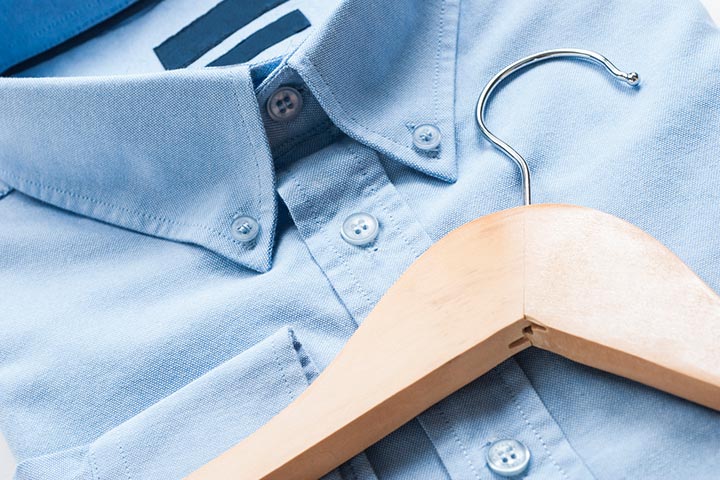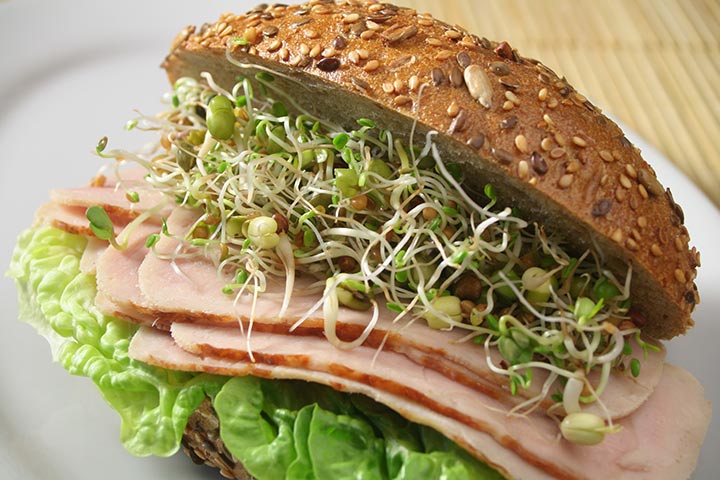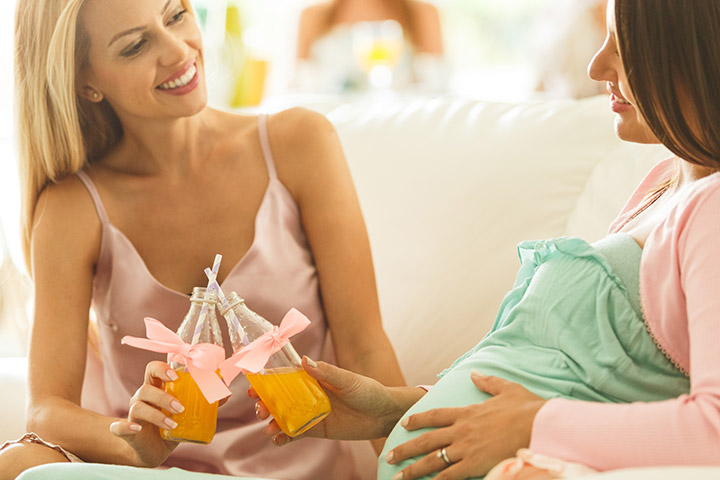
Image: iStock
The minute you find out that you are expecting you immediately start making changes to your lifestyle. You start making healthy choices and start eliminating or at least minimising your exposure to certain choices that can prove unsafe for your baby.
Some of the obvious choices that we make are quitting smoking and drinking alcohol, reducing coffee intake, avoiding soft cheeses, and making sure that the foods that we eat are well cooked in a hygienic environment. However, there are some other less obvious choices that can pose a danger to pregnancy if we are not aware of the whys and the hows.
1. Dry Cleaning
We saw those eyebrows being raised, but we are serious about this one! Harsh chemical solvents in many detergents and cleaning agents can trigger concerns during pregnancy. Dry cleaning involves a strong organic solvent known as tetrachloroethylene which can lead to a miscarriage or birth defects, if exposed to for longer periods. Apart from these scary side-effects, inhalation or exposure to chemical solvents can also lead to nausea or other allergies in pregnant women. While dry cleaning at home or even working at a dry cleaner’s is a big no-no, we can’t eliminate dry cleaning altogether because there are some garments that can only be dry cleaned. In such cases, do not hesitate to enlist the help of loved ones to drop off and pick up such garments, and ensure that you air the clothes well before you wear them.
2. Bean Sprouts
Although they are one of the richest sources of protein and fiber, bean sprouts might not be the safest choice of food when you are expecting. The seeds of sprouts are dry in nature, but the process of fermenting activates moisture and invites bacteria. Sprouts such as alfa alfa have been known to lead to complications because of e-Coli bacteria, while beans and clovers have been known to cause salmonella through bacteria It is advisable to stay away from sprouts altogether during the course of your pregnancy as even washing them thoroughly cannot ensure complete removal of bacteria. If you’re eating out, make sure to specify that sprouts are not to be added to any dish that you will be consuming.
3. Unpasteurised Juices
There have been many reports lately that are suggesting that the process of pasteurization kills essential nutrients in milk and juices. However, when pregnant, it is better to take precautions and not consume unpasteurized beverages. If the fruits used in preparing the juices are not properly cleaned or the facilities in which the juices are being processed are not hygienic, it can trigger unnecessary foodborne illnesses in not only you but also your family. Ensure that everyone living with you is also consuming hygienically prepared foods as an added precaution.
4. Gardening
Gardening is known to be a hobby that can bring about peace of mind and a gentle activity that can boost well-being. However, there are certain risks associated with gardening that you need to be aware of when you are pregnant. As with dry cleaning, there is the risk of being exposed to the chemicals in insecticides and pesticides. One way to minimise the risk from exposure to these chemicals is by not being around when the insecticides and pesticides are being sprayed. There is also the risk of toxoplasmosis, an infection that can trigger flu-like symptoms and seriously harm the mother and the baby. Toxoplasmosis is frequently spread through cat feces, and the spores can spread through to you from deposits in the soil. While this may not be serious, if you have been exposed to cats since before your pregnancy it is better to be safe nevertheless.
Although upon reading, these may appear to be obvious risks and hence worrisome there are precautions once can take for every activity. Do drink hygienically prepared juices from organic brands, and ask your doctor to suggest substitute sources of protein and fiber. Do get only the necessary garments dry cleaned and air them properly before wearing them. Wear thick rubber gloves while gardening, and wash your hands thoroughly every time you take a break (which should be frequent to avoid sun exposure and dehydration).
















